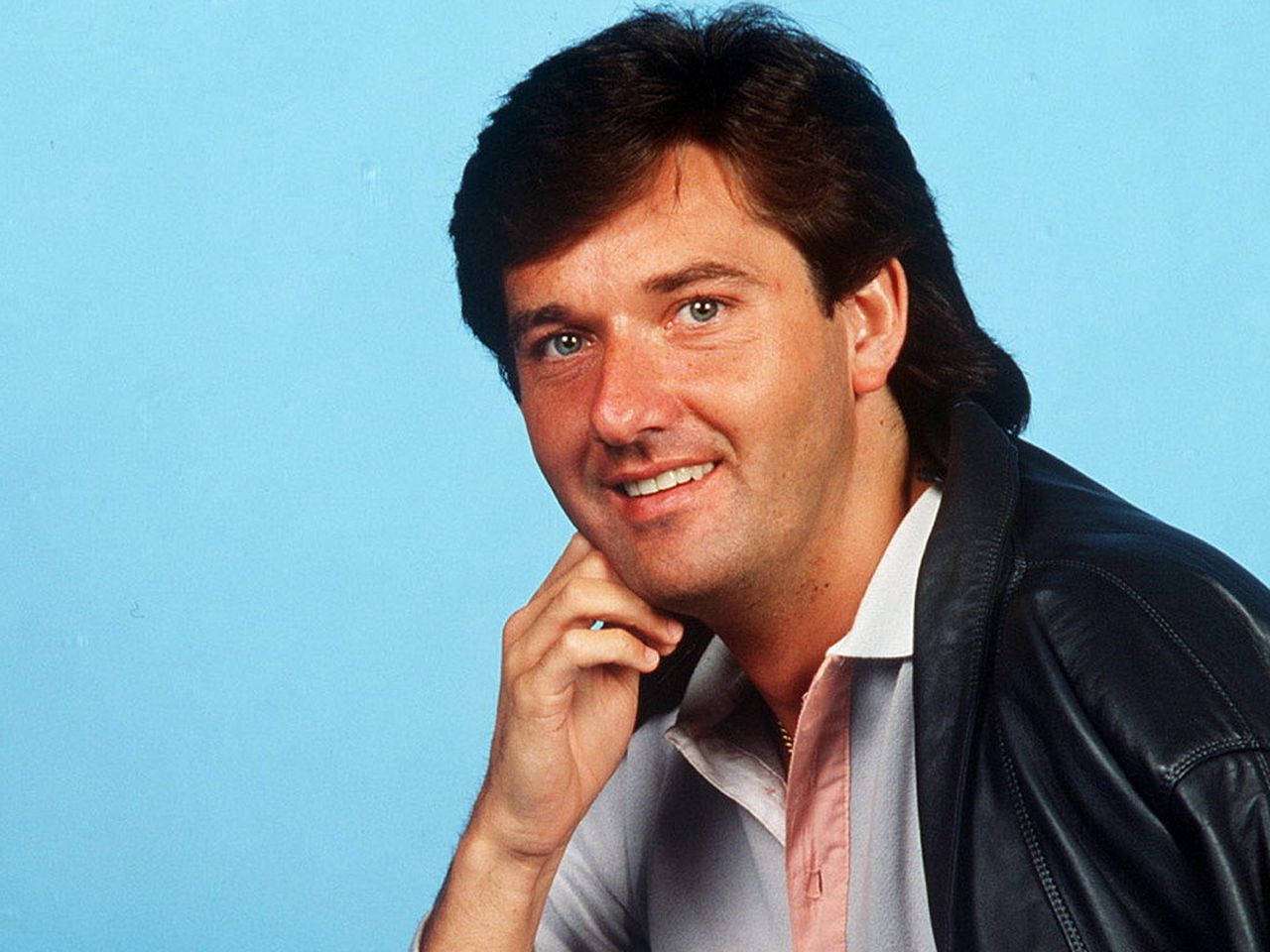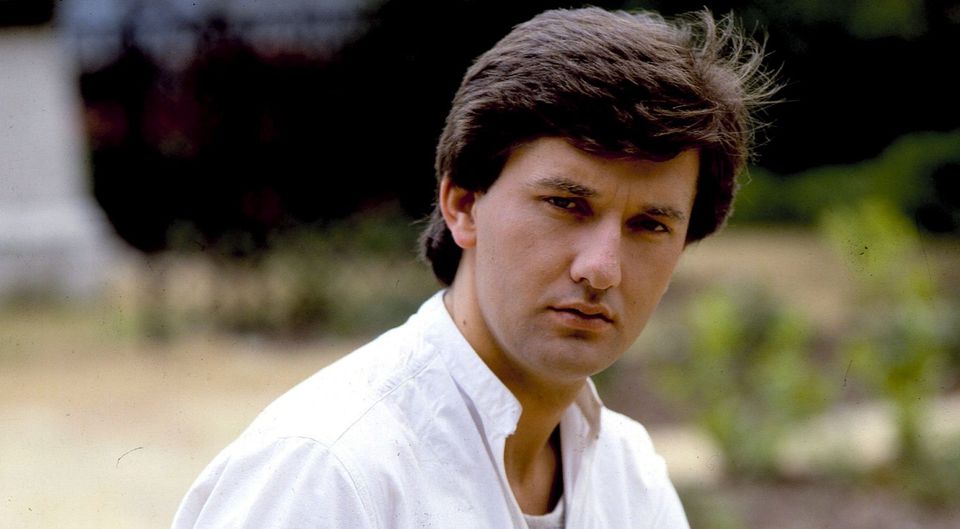
From Struggle to Stardom: How Daniel O’Donnell Turned the Tide of His Career
In the mid-1980s, at a crossroads in both his personal and professional life, Daniel O’Donnell was on the brink of giving up on his music career. As peers from school were building stable lives—some married, some settled into promising careers—Daniel found himself with little to show from his years on the road. “I had nothing at that stage,” he recalled with striking honesty.
At that pivotal moment, Daniel made a decision that would change the course of his life. He had been working with his first manager, Nan Moy, but they simply had not been able to breakthrough. On Friday, December 13, 1985, a date etched in his memory more for transformation than superstition, Daniel stopped in Ballisodare, County Sligo, and called Mick Clerkin, the head of Ritz Records.
Ritz — already with chart successes like The Fureys and Foster and Allen under its belt — had recently collaborated with Daniel on his album The Two Sides of Daniel O’Donnell, but he hadn’t felt any momentum. “It just wasn’t working out,” Daniel admitted. Yet, Mick reassured him: the album was gaining traction, and perseverance was the key.

With that subtle nudge, Daniel parted ways with Nan and disbanded his then-current band. After a brief pause in early 1986, he returned to the stage with a new group formed from the remains of acts like The Hillbillies and Jukebox. They debuted at St Cyprian’s Club in Brockley, Kent, a modest but critical relaunch.
Another turning point came when Ritz introduced Daniel to Sean Reilly, an experienced manager who had worked with Ray Lynam. Their working relationship blossomed. “Sean saw me as Daniel the person before the performer,” Daniel noted. That human connection was integral to rebuilding his confidence and sharpening strategic direction.
Momentum swiftly followed. A tour across England gave way to a triumphant return to Ireland, with swelling crowds beginning to appear. A landmark moment unfolded at The Milford Inn, Donegal. The roar of the crowd calling his name gave Daniel pause—equal parts fear and disbelief. “But from that night on,” he said, “the change was like switching on a light.”
The song that cemented his ascent was “My Donegal Shore”, becoming a beloved staple that resonated far and wide. Crowds began to arrive hours early, lining venues across Ireland such as The Oasis in Carrickmacross, The Ragg, and The Castle in Dungiven. From obscure slots at festivals in 1984, Daniel’s trajectory exploded—culminating in a headlining role at the Irish Festival in Roundwood Park by 1986.

Though his rise was rapid and unstoppable—“like a snowball going down a hill”—Daniel never let success overshadow his roots. He maintained a deep empathy for struggling artists, often advocating for new talents. “The people that like me are going to like me no matter who comes along,” he said, underlining his belief in inclusivity and community within music.
Whether through his Sunday World column or as the face of Opry le Daniel on TG4, Daniel continues to give country music and young singers a platform. “That’s why I’ve always encouraged young singers,” he emphasized. “There’s room for everybody.”
Daniel O’Donnell’s journey stands as a testament to perseverance, reinvention, and a steadfast faith in the music and people he cherishes. His story is more than just one of success—it’s about staying true to one’s vision, even when the path ahead seems uncertain.
